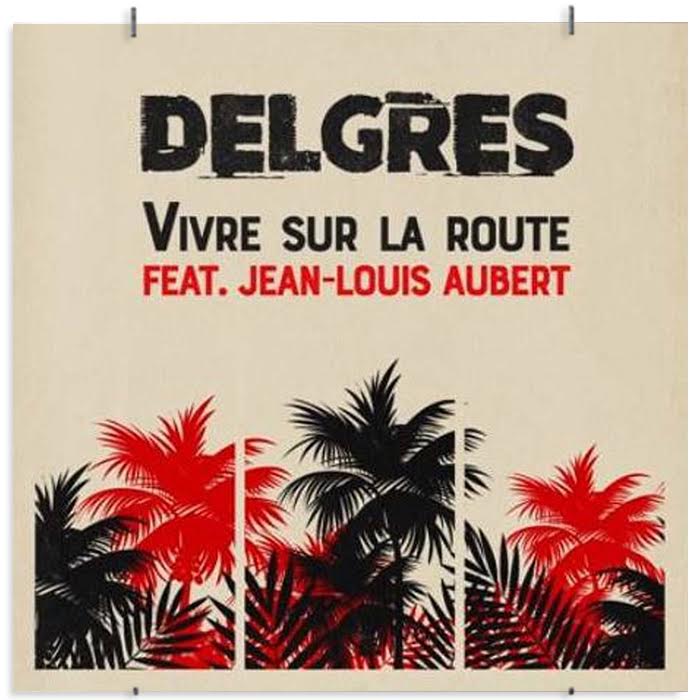Delgrès, the Caribbean Blues Alchemy
Delgrès, a golden nugget
Their sound coming from the Mexico Gulf mixes Blues, Caribbean rythms, Jazz from Louisiana's bayous, spiced up with Kompa*.

An outstanding musical personality, both powerful and sensitive, a true wonder to listen to over and over and over. Delgrès is to Blues and the Caribbeans what Tom Waits is to Jazz and Americana or what the Neville Brothers stand for Louisiana and the Soul music.
Samples of the Mo Jodi album
A Métis album that speaks of revolts, anger against the powerful and also the sweets of life far from simplistic clichés too often associated with the West Indies and West Indians. Pascal Danaë, author, composer, singer and guitarist has produced this album which shows a great artistic maturity and a rich and multiple musical experience.
Recorded after three years of working and touring together, it sounds like a live concert.
The path of Pascal Danaë
Pascal Danaë, Guadeloupean, grew up in the suburbs of Paris in a large family. Even if the family guideline is to raise him speaking French-only, he is bathed in the Caribbean Creole tongue. Used to live in a multiple language environment, he flies off to London in 1997, with a degree of musicology in his luggage.
He sings, plays guitare and composes the music and the lyrics of his own songs. For ten years, he also colllaborates with famous musicians such as Gilberto Gil, Peter Gabriel, Youssou N’Dour, Neneh Cherry, Morcheeba, Manu Katché, Laurent Voulzy, Ayọ.
He co-writes Tell me Why et Kilyoum, two tracks of the album Mesk elil by the Algerian singer Souad Massi, best album 2006 at the BBC Awards and at the Victoires de la musique.

In 2007, his first solo album is released London Paris. Just magic! The pure melody enhances his voice over a acoustic guitare background. Such is the moving song Sorry
In 2014, the album CD Rivière Noire is released
Rivière Noire (Victoire de la Musique 2015) is his first group project, conducted together with Jean Lamoot and Orlando Morais. Its style is closer to the African roots of Brasilan music.
With his two friends, drummer Baptiste Brondy and Rafgee, specialist of the tuba and the sousaphone, Pascal Danaë has found his soul mates with whom the alchemy works its magic.
What about now?
Delgrès was nominated at the Victoires de la musique 2019, last March.
Numerous cooncerts in perspective
- May 20th at La Cigale in Paris
- Plenty of other dates and places, to look at here
- https://www.infoconcert.com/artiste/delgres-144914/concerts.html
* What is the Kompa?
A couple of leads to discover the Kompa

- Double album Compilation Haïti Direct of several bands among which The Vikings de la Guadeloupe, the Loups Noirs, Tabou Combo and many others..

- Compas X by the Shleu Shleu (1967)
- Calma pélerin by the Ensemble Méridional des Cayes (1971)

- An septième by Les Difficiles de Pétionville (1972)

- Choc Vikings by les Vikings (1971)
** The story of Louis Delgrès


